
Topographical Agnosia: Causes, Symptoms, and Ways to Cope
Getting lost in a familiar neighborhood or feeling disoriented in your own home can be unsettling. For most people, navigating daily spaces comes naturally. But

Getting lost in a familiar neighborhood or feeling disoriented in your own home can be unsettling. For most people, navigating daily spaces comes naturally. But
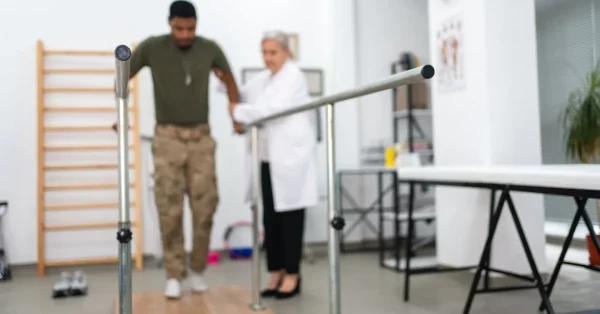
Recovery after a traumatic brain injury (TBI) often feels like a winding road. Progress can be fast, slow, or unpredictable. One of the most frustrating
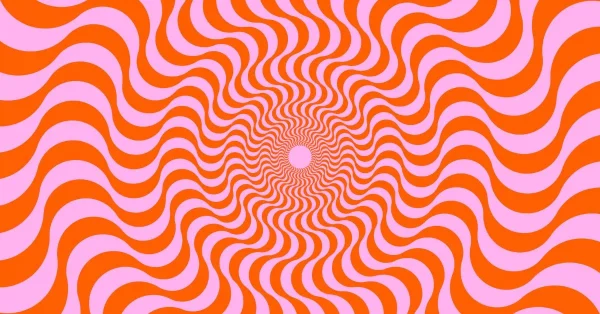
Traumatic brain injury (TBI) can disrupt nearly every part of a person’s life, from cognition and memory to mood and mobility. While traditional therapies like

Alien Hand Syndrome (AHS) is a rare and often misunderstood condition that can occur after certain types of brain injury. People who experience it may
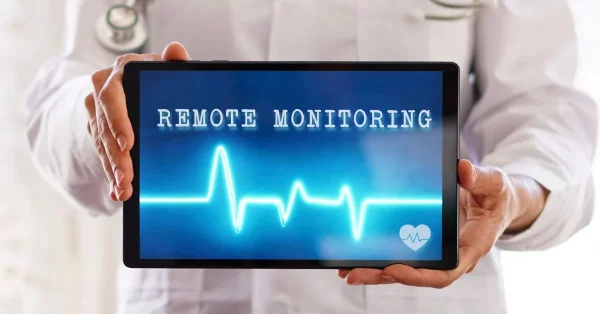
In a healthcare world that’s increasingly digital, providers are looking for better ways to support patients between visits. One of the most promising solutions is
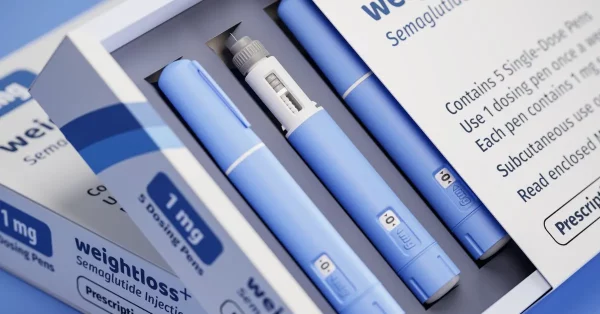
For stroke survivors, the road to recovery can feel uncertain, especially when living with other health challenges like type 2 diabetes and obesity. But new
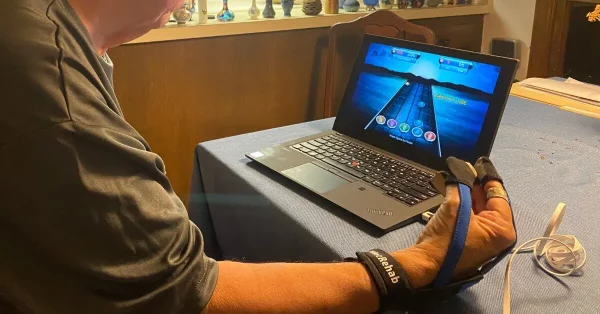
Hand function plays a vital role in everyday activities—from buttoning a shirt to holding a glass of water. When injury, surgery, stroke, or conditions like

Memory problems are common after a stroke. Some survivors may struggle to recall names, dates, appointments, or where they placed everyday items. As a result,
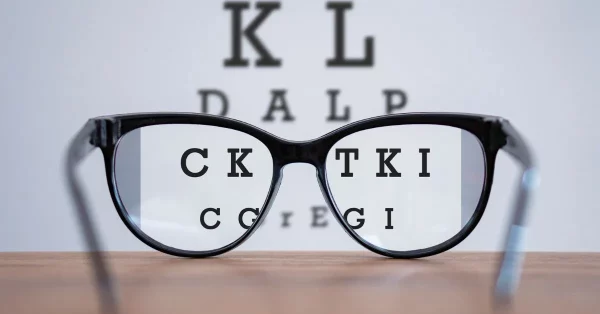
Brain injuries can cause a wide range of physical and cognitive challenges—and vision is no exception. One of the lesser-known but highly impactful effects of

Imagine hearing a sound loud and clear—but not being able to make sense of what it means. You might hear a dog barking but not

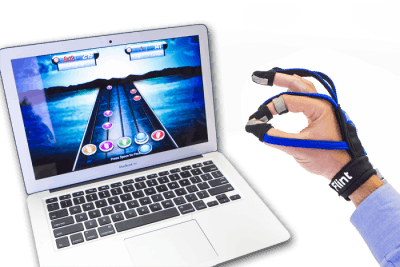
Take the first step towards recovery.